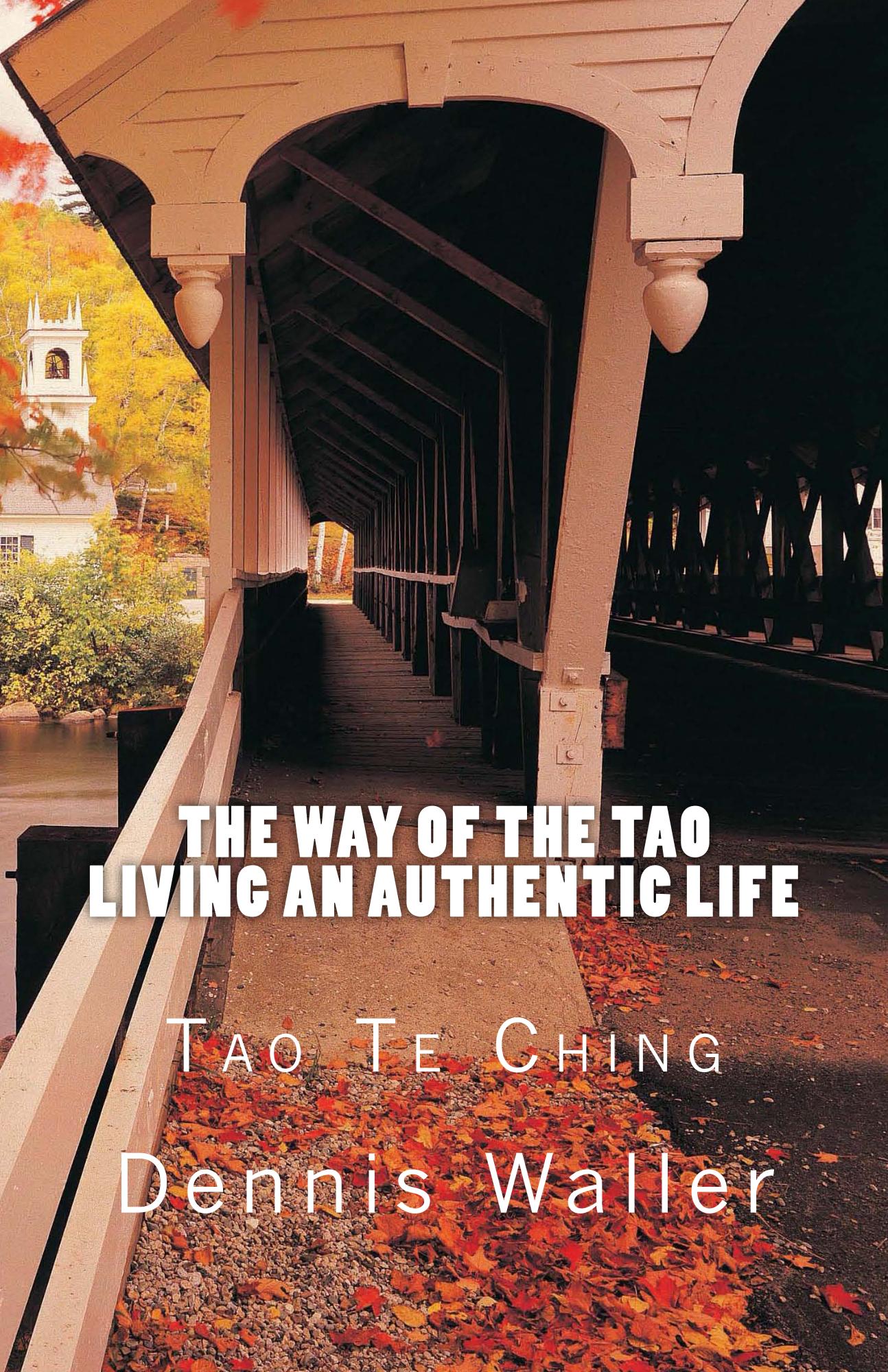 The legendary environmentalist Aldo Leopold had an extraordinary career. He was instrumental in shaping and influencing the modern environmental movement. His ethics of nature and wildlife preservation has had a deep and profound impact on the environmental movement with his bio-centric and holistic ethics regarding land and nature. Of equal importance he founded the science of wildlife management. He stressed the importance of biodiversity and ecology in order to preserve and ensure a harmonic balance between wildlife and the land. Even though it has been over sixty years since his death, Leopold remains relevant today inspiring projects and people by bringing about an awareness and connection to the land.
The legendary environmentalist Aldo Leopold had an extraordinary career. He was instrumental in shaping and influencing the modern environmental movement. His ethics of nature and wildlife preservation has had a deep and profound impact on the environmental movement with his bio-centric and holistic ethics regarding land and nature. Of equal importance he founded the science of wildlife management. He stressed the importance of biodiversity and ecology in order to preserve and ensure a harmonic balance between wildlife and the land. Even though it has been over sixty years since his death, Leopold remains relevant today inspiring projects and people by bringing about an awareness and connection to the land.
However, Aldo Leopold wasn’t always the stalwart crusader for the environment. His awakening and enlightenment to the Tao came to him in a moment of clarity. In an instant, his eyes became opened and his soul reborn. Following is an excerpt from his book, “A Sand County Almanac,” which was published shortly after his death in 1949. It has sold over two million copies which is phenomenal in its own right. In this passage, you’ll see the transformation of an egotistical outdoorsman into an enlighten guardian of nature.
Thinking like a mountain- “A deep and chesty bawl echoes from rimrock to rimrock, rolls down the mountain, and fades into the far blackness of the night. It is an outburst of wild defiant sorrow, and of the contempt for all the adversities of the world.
Every living thing and perhaps many a dead one as well pays heed to that call. To the deer it is a reminder of the way of all flesh, to a pine a forecast of midnight scuffles and of blood upon the snow, to a coyote a promise of gleanings to come, to the cowman a threat of red ink at the bank, to the hunter a challenge of fang against bullet. Yet behind these obvious and immediate hopes and fears there lies a deeper meaning, known only to the mountain itself. Only the mountain has lived long enough to listen objectively to the howl of the wolf.
Those unable to decipher the hidden meaning know nevertheless that it is there, for it is felt in all wolf country, distinguishes that country from all other land. It tingles in the spine of all who hear wolves by night. Or who scan their tracks by day. Even without sight or sound of wolf, it is implicit in a hundred small events: the midnight whinny of a pack horse, the rattle of rolling rocks, the bound of a fleeing deer, the way shadows lie under the spruces. Only the ineducable tyro can fail to sense the presence or absence of wolves, or the fact that mountains have a secret opinion about them.
My own conviction on this score dates from the day I saw a wolf die. We were eating lunch on a high rimrock, at the foot of which a turbulent river elbowed its way. We saw what we thought was a doe fording the torrent, her breast awash in white water. When she climbed the bank toward us and shook out her tail, we realized our error: it was a wolf. A half dozen others, evidently grown pups, sprang from the willows and all joined in a welcoming melee of wagging tails and playful maulings. It was literally a pile of wolves writhed and tumbled in the center of an open flat at the foot of our rimrock.
In those days we never heard of passing up a chance to kill a wolf. In a second we were pumping lead into the pack, but with more excitement than accuracy; how to aim a steep downhill shot is always confusing. When our rifles were empty, the old wolf was down, and a pup was dragging a leg into impassable slide-rocks.
We reached the old wolf in time to watch a fierce green fire dying in her eyes. I realized then, and have known ever since, that there was something new to me in those eyes- something known only to her and to the mountain. I was young then, and full of trigger-itch; I thought that because fewer wolves meant more deer, that no wolves meant hunters’ paradise. But after seeing the green fire die, I sensed that neither the wolf nor the mountain agreed with such a view.”
This is a wonderful story. I do wonder if all awakenings happen in contrast to that which we think is the status quo. In other words, must we have pain to know the pleasure of being in Oneness? I intuit not. For me, the path of awakening can be and most often is one of gentle loving kindness from Spirit. I am grateful that you share this with us. Thank you, Dennis.
Kris
(River)
Great excerpt Dennis! Now I have to get a copy of THIS book too!!! My reading stack is increasing every time I discover another one of your books!!! Thanks for the post…